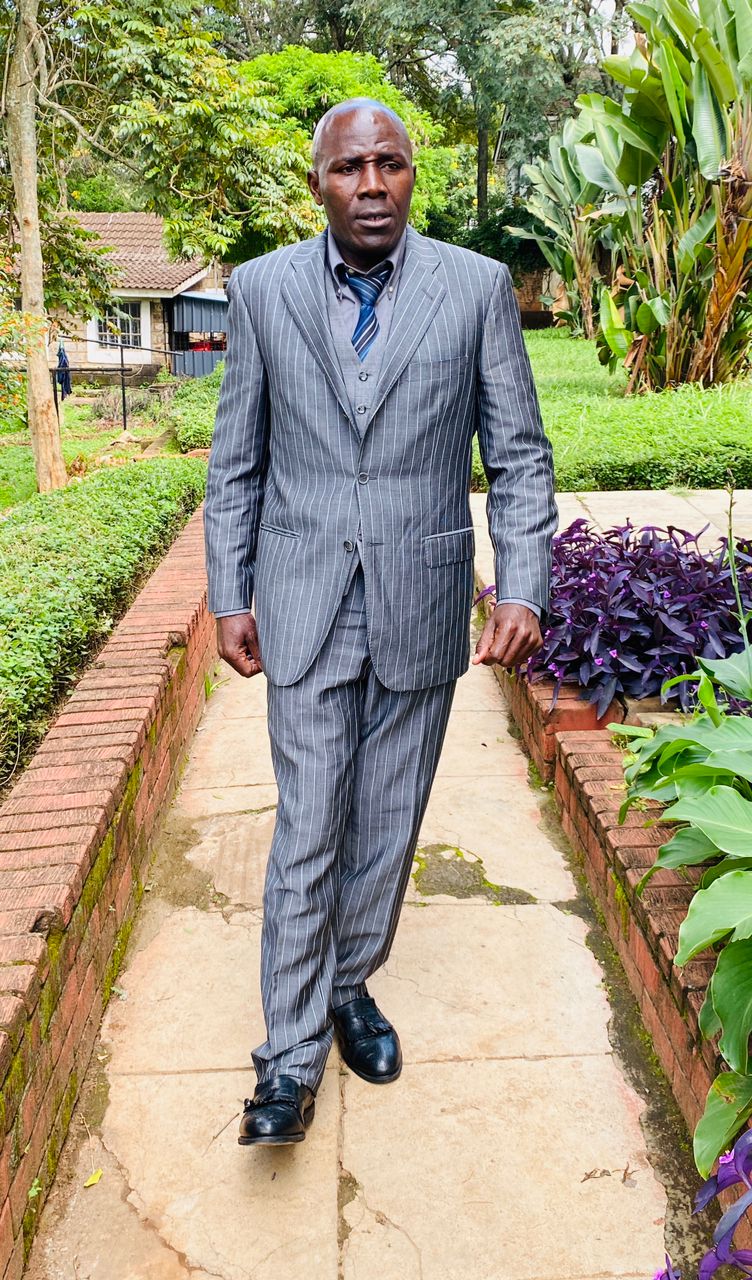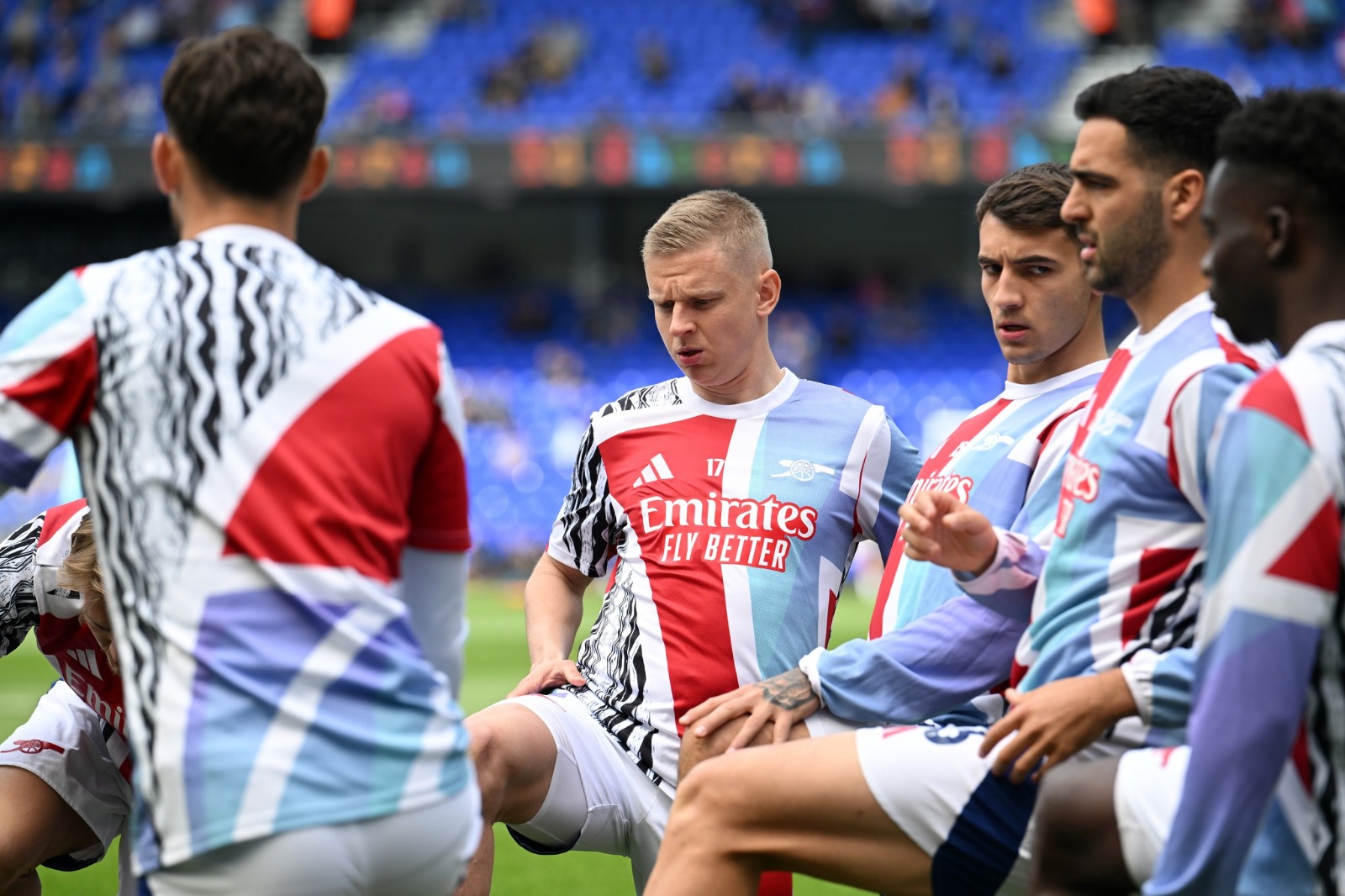Happy Father’s: Celebrating Fathers With Disabilities

BY ESTHER MUTURI
Father’s Day is a holiday honoring one’s father, or relevant father figure, as well as fatherhood, paternal bonds, and the influence of fathers in society.
The single most common date among world countries is the third Sunday of June, which was founded in the state of Washington, United States, by Sonora Smart Dodd in 1910.
Father’s Day was founded by Sonora Smart Dodd, a woman from Spokane, Washington. Dodd was inspired to create the holiday after attending a Mother’s Day church service in 1909.
She was the daughter of a Civil War veteran named William Jackson Smart, who had raised her and her five siblings as a single father. Dodd felt that fathers deserved their own special day of recognition, so she began a campaign to establish Father’s Day.
Dodd’s campaign was successful, and the first Father’s Day was celebrated in Spokane on June 19, 1910. The holiday spread quickly throughout the United States, and it was officially recognized by the U.S. Congress in 1972.
The significance of Father's Day is to honor fathers and father figures for their love, support, and guidance. It is a day to celebrate the important role that fathers play in our lives. Fathers play a vital role in the development of their children.
They provide love, support, and guidance, and they help their children to grow into healthy and well-adjusted adults.
As we celebrate Father's Day there is a segment of the population of fathers that should also be focused on - fathers with disabilities.
While there are many resources for fathers of children with disabilities, it is more difficult to find resources for fathers who have a disability themselves.
Perhaps this is because people live in a culture that sometimes assumes unconsciously and mistakenly that people with disabilities are not likely to be parents.
However, the value of being a dad despite disability is evident from Ben Werangai's story where he has been able to prove that fathers with disabilities are capable of caring for their family.
Werangai,52, and father of two became Deaf at a very young age- a disability he acquired after being diagnosed with acute pneumonia.
For Deaf individuals, the search for a spouse can be quite arduous but for Ben, he was lucky enough to meet a spouse who is also Deaf, although his wish was to marry a hearing person - communication breakdown played a huge role in his search for a soulmate.
He has two hearing children, this explains the idea that deaf intermarriage increases the prevalence of deafness.
According to the PLOS ONE article, most deaf intermarriage produces hearing children mainly because of the complementation between the many recessive genes causing deafness, and also because deafness often occurred or was observed after birth and was usually attributed to injury or childhood morbidity.
The two, a boy and a girl have learned sign language which helps them communicate with their parents.
Werangai faces a lot of stigma from the public, hatred, and attitude which he is now calling upon society to stop and instead support persons with disabilities.
He works at Signs Tv as a News Anchor and comedian which he says despite earning him a living, the experience he gets helps him support his kids as they grow to learn things they might otherwise not.
Tags: Signstv Deaf Awareness Fathers Day


